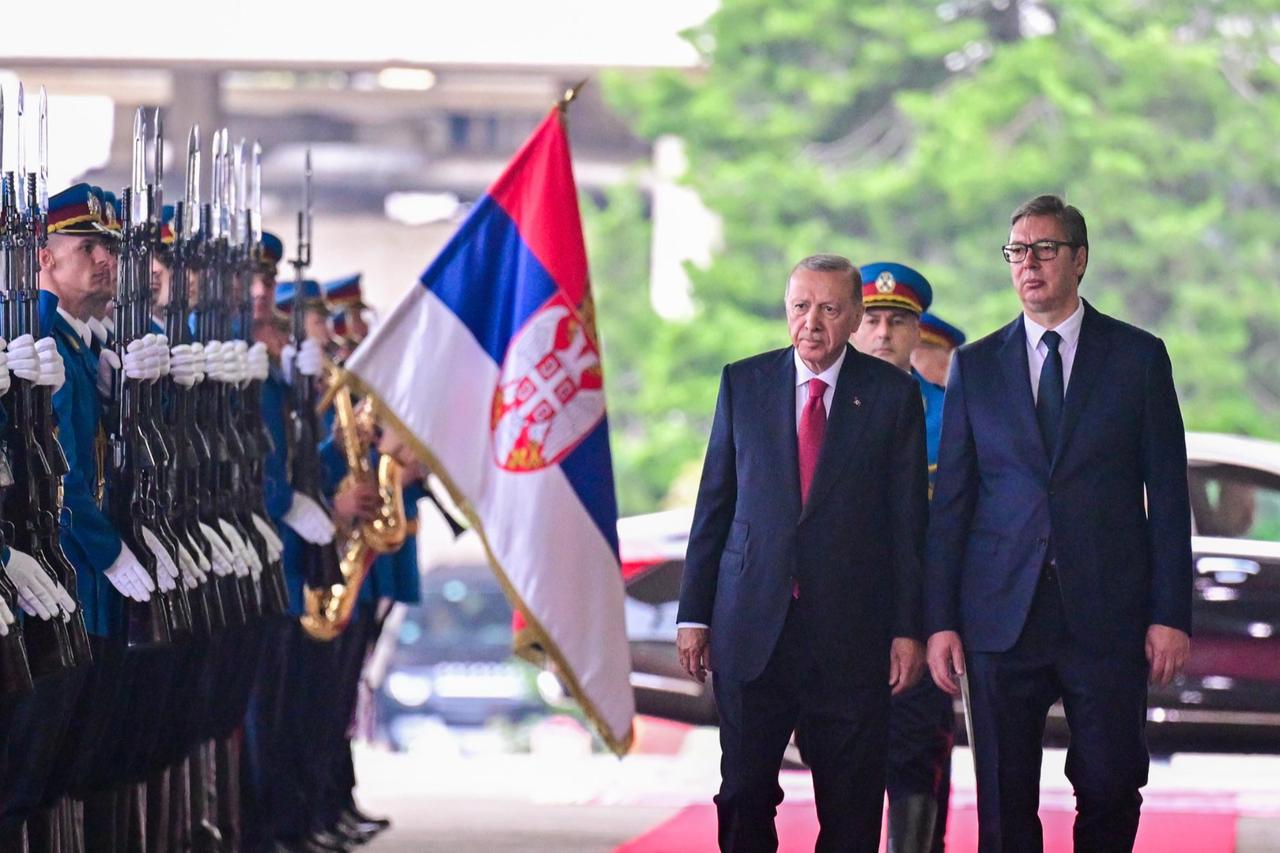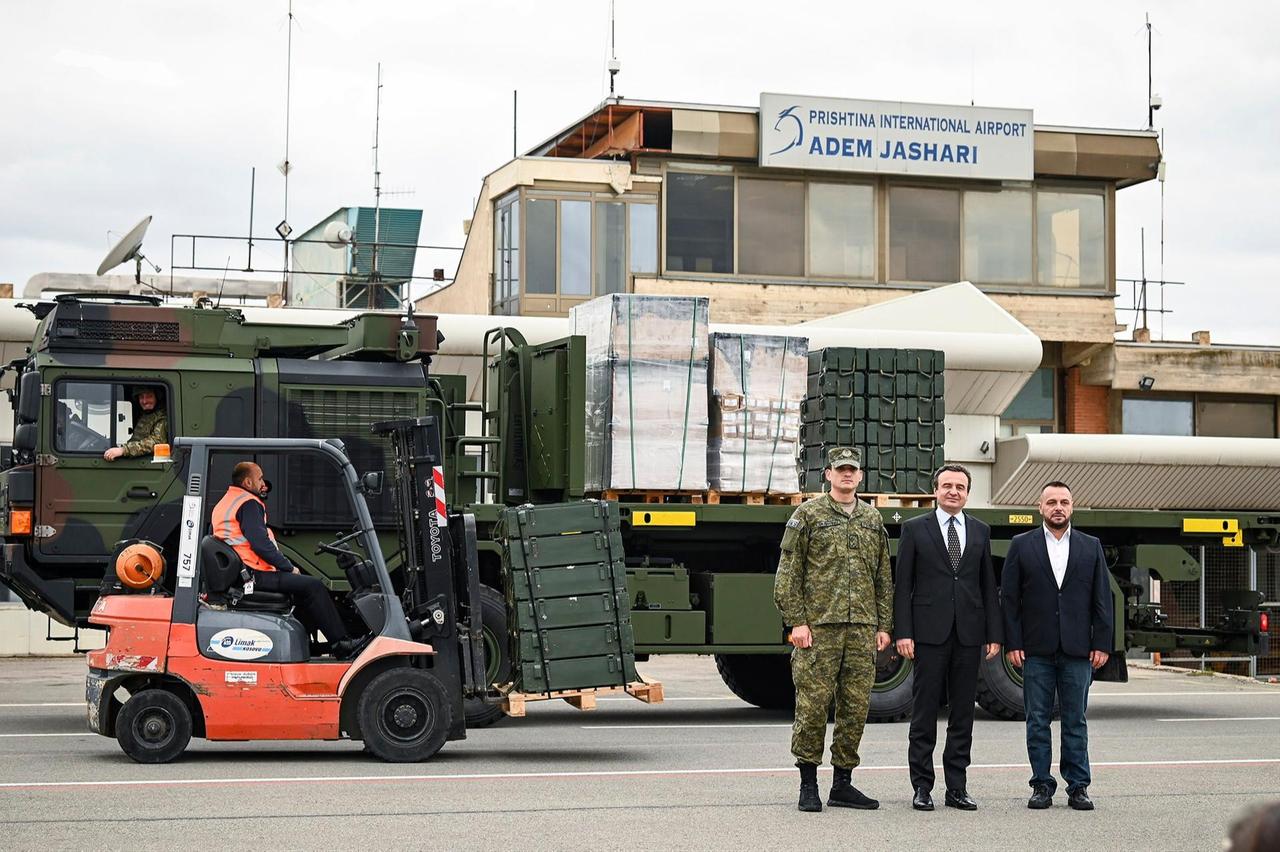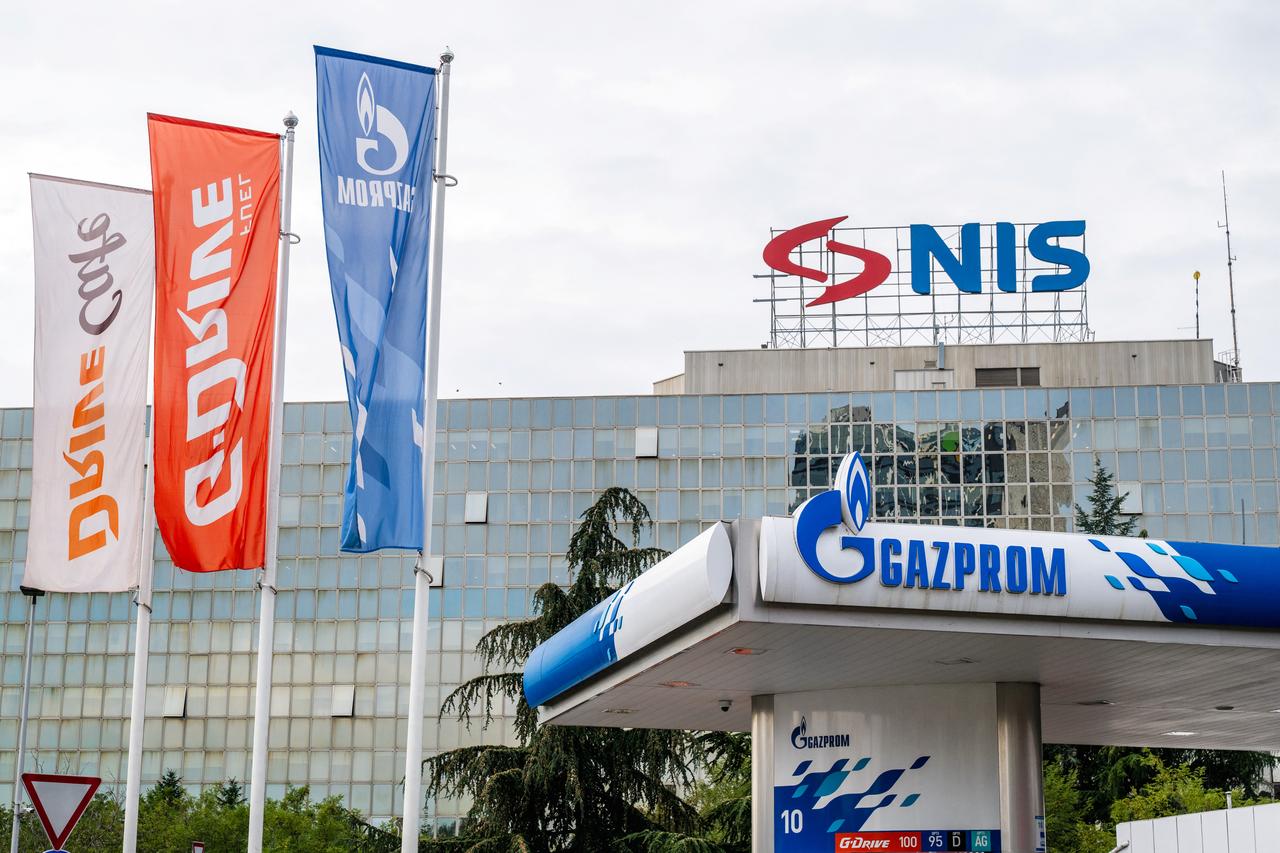
This article was originally written for Türkiye Today’s bi-weekly Balkans newsletter, BalkanLine, in its Oct. 10 issue. Please make sure you are subscribed to the newsletter by clicking here.
The arrival of Turkish-made Skydagger kamikaze drones in Pristina this week, just days before Kosovo’s crucial Oct. 12 local elections, sent Serbian President Aleksandar Vucic into a highly public geopolitical storm.
In an initial, dramatic outburst on social media, the Serbian leader condemned Türkiye for a "brutal violation of the U.N. Charter" and accused Ankara of destabilizing the Balkans and "dreaming of restoring the Ottoman Empire."
Yet, as abruptly as the storm began, it subsided. Within 24 hours, President Vucic pivoted sharply, describing his Turkish counterpart, Recep Tayyip Erdogan, as a "great leader" and a figure of regional stability, assuring the world that Serbia was "too small to threaten" Türkiye.
This rapid shift from fury to flattery is not a diplomatic error; it is a textbook example of Belgrade’s calibrated foreign policy, designed to maximize internal political gain while minimizing long-term diplomatic damage.
Let’s stop here for a moment and clarify one thing: Türkiye is far from being a destabilizing force in the Balkans.
As a NATO member, Ankara can bring all parties in the region to the table and consistently stresses that deadlock is not a solution, emphasizing on every platform the need to reach fair and lasting agreements in the region.
Also, this follows the recent rotation of leadership within NATO’s security mission in Kosovo, KFOR, where Türkiye assumed command of the KFOR for the second time.
Consequently, this unique role allows Ankara to deflect the "destabilizing" accusations. How can a nation actively commanding the primary NATO peacekeeping force in the region be simultaneously accused of seeking instability and a "revival of the Ottoman Empire"?

Now, let’s get back to breaking down Serbia’s backlash. The hypocrisy at the core of Belgrade's reaction is undeniable, particularly when examined from Ankara’s perspective.
Serbia’s anger over Kosovo’s defense upgrades comes from a government aggressively pursuing its own military modernization.
Belgrade’s criticism is undermined by its own recent, explicit courtship of the same Turkish drone manufacturer.
As recently as 2022, President Vucic publicly stated, "I said that we want to buy Bayraktar from Türkiye, and Erdogan promised me that we can get them."
The Serbian complaint is not about the drones, but their end-user.

The irony is clear: while condemning the flow of Turkish arms to Pristina, Belgrade has recently sold Serbian-made LRSVM Tamnava multiple-rocket-launcher systems to the Greek Cypriot administration, a move that Ankara views as arming a party hostile to Turkish interests on the island of Cyprus, which has been mired in a decades-long dispute between Greek Cypriots and Turkish Cypriots.
Belgrade’s sale of arms to an entity hostile to Ankara’s core interests reflects a double standard: when Serbia sells arms, it is commerce; when its adversary buys them, it is a geopolitical offense.
Furthermore, Serbia continues its broad military diversification, including major procurement deals with Israel, highlighted by the purchase of advanced Israeli-made Hermes 900 drones and long-range precision missiles, deals that Belgrade frames as essential for its national security.
Ultimately, Vucic’s initial political theater must be viewed through the lens of domestic pressure.
The drone crisis exploded as the full effect of U.S. sanctions against the majority Russian-owned oil company NIS began to bite.
Vucic himself warned that the sanctions would have "extremely serious" impacts on the economy and citizens.
For Vucic, controversy is a powerful diversion. Internally, he faces significant, monthslong anti-corruption and anti-government protests that have spread across the country, and now the pressure of NIS sanctions.
However, the core transaction remains: a strategic partnership with Ankara is more valuable than 24 hours of nationalist theater.
He picked the fight for the local audience, then backed down for the global one.